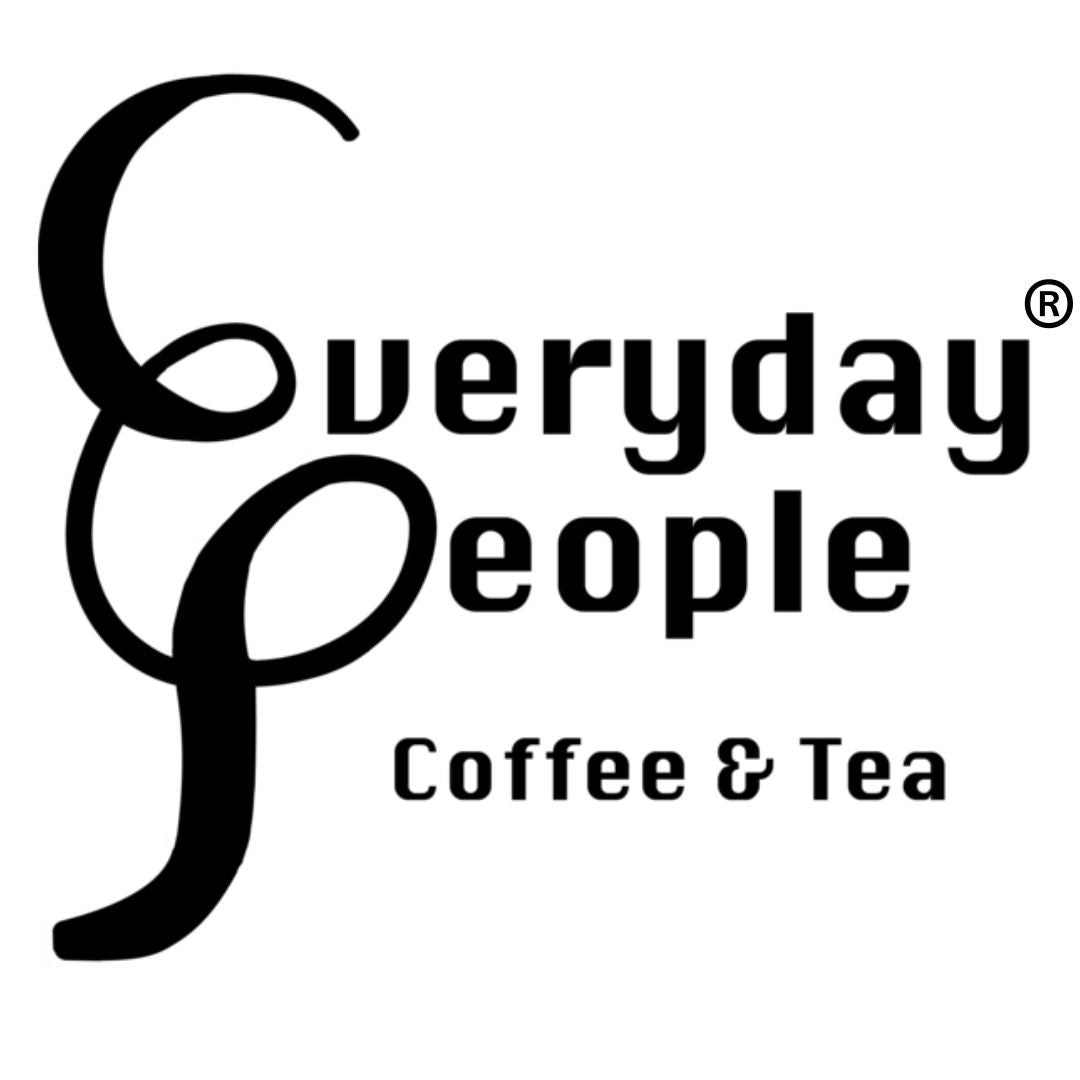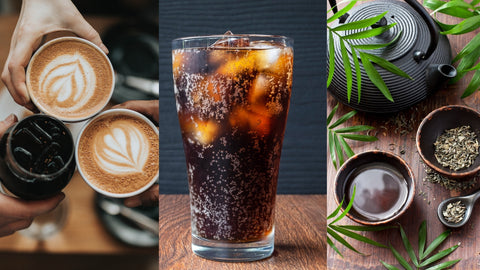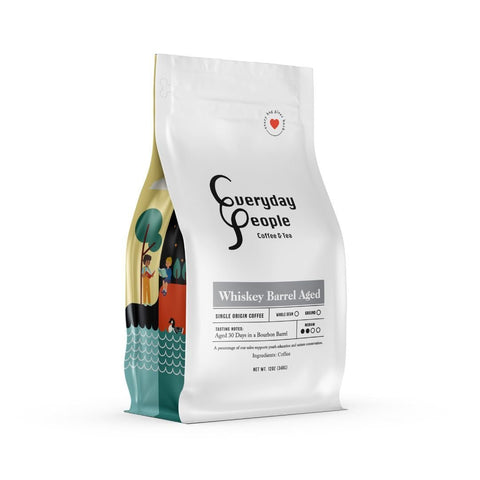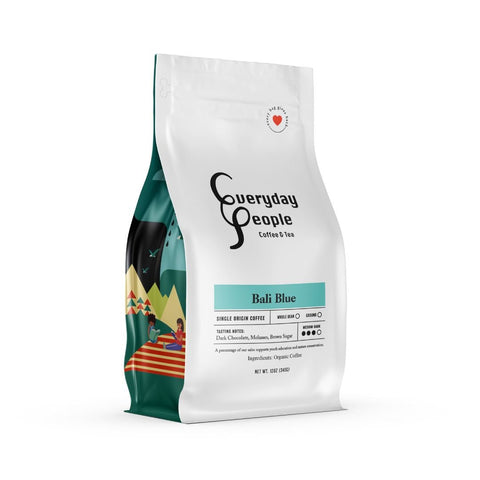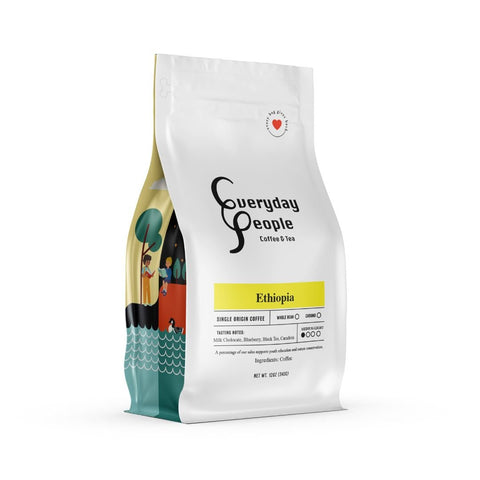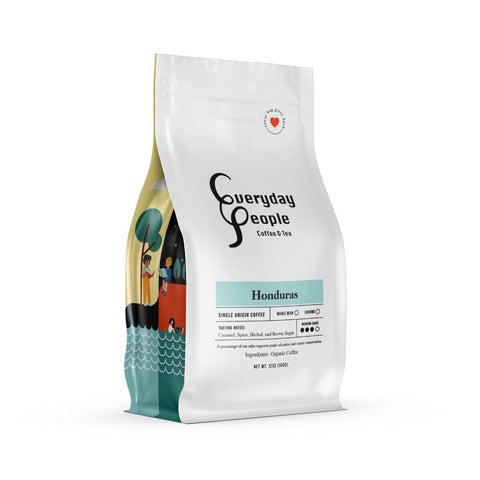When you need that morning energy boost or afternoon pick-me-up, understanding the caffeine content in your favorite beverages can make all the difference. Whether you're a coffee connoisseur, tea enthusiast, or soda sipper, knowing exactly how much caffeine you're consuming helps you make informed decisions about your daily intake.
In this comprehensive guide, we'll break down the caffeine content in coffee, tea, and soda, explore how these popular beverages compare, and provide you with the knowledge you need to optimize your caffeine consumption for maximum benefit.
Quick Caffeine Comparison Overview {#quick-comparison}
Before diving deep into each category, here's a quick snapshot of average caffeine content per typical serving:
- Coffee (8 oz): 95-200mg
- Espresso (1 oz shot): 63mg
- Black Tea (8 oz): 40-70mg
- Green Tea (8 oz): 25-50mg
- Cola Soda (12 oz): 30-40mg
- Energy Soda (12 oz): 35-55mg
These numbers can vary significantly based on preparation methods, brand, and serving sizes – which we'll explore in detail below.
Coffee: The Caffeine Champion {#coffee-content}
Coffee consistently delivers the highest caffeine content among popular beverages, but the amount varies dramatically depending on the type and preparation method.
Drip Coffee: The Daily Driver
An 8-ounce cup of drip coffee typically contains 95-200mg of caffeine, with most falling in the 95-165mg range. However, several factors influence this content:
- Bean type: Robusta beans contain nearly twice the caffeine of Arabica beans
- Roast level: Contrary to popular belief, light roasts have slightly more caffeine than dark roasts
- Brewing method: Drip coffee, French press, and cold brew all extract different amounts
- Coffee-to-water ratio: Stronger brews naturally contain more caffeine
Espresso: Concentrated Power
A single shot of espresso (about 1 ounce) contains approximately 63mg of caffeine. While this seems lower than drip coffee, remember that espresso is much more concentrated – it has about 63mg per ounce compared to drip coffee's 12-25mg per ounce.
Popular espresso-based drinks break down as follows:
- Single shot (cappuccino, latte): 63mg
- Double shot: 125mg
- Triple shot: 188mg
Cold Brew: The Smooth Operator
Cold brew coffee has gained popularity for its smooth, less acidic taste. An 8-ounce serving typically contains 100-200mg of caffeine, often on the higher end due to the longer steeping time and higher coffee-to-water ratio used in preparation.
Instant Coffee: The Convenient Choice
Instant coffee is more convenient but delivers less caffeine – typically 30-90mg per 8-ounce cup. The wide range depends on the brand and how much powder you use.
Tea: The Complex Middle Ground {#tea-content}
Tea's caffeine content is more complex than coffee's because it depends on the type of tea, processing method, steeping time, and water temperature. All "true" teas come from the same plant (Camellia sinensis), but processing creates different caffeine levels.
Black Tea: The Strongest Tea Option
Black tea undergoes full oxidation, giving it the highest caffeine content among teas:
- Regular black tea: 40-70mg per 8 oz cup
- Earl Grey: 40-120mg per 8 oz cup
- English Breakfast: 40-90mg per 8 oz cup
Popular black tea brands vary:
- Lipton: 55mg per bag
- Tetley: 40mg per bag
- Twinings: 50mg per bag
Green Tea: The Moderate Choice
Green tea is minimally processed, preserving antioxidants while maintaining moderate caffeine levels:
- Regular green tea: 25-50mg per 8 oz cup
- Matcha: 70mg per serving (since you consume the entire leaf)
- Sencha: 30mg per 8 oz cup
- Jasmine green tea: 25mg per 8 oz cup
Oolong Tea: The Balanced Option
Oolong tea is partially oxidized, placing it between green and black tea in caffeine content:
- Traditional oolong: 30-50mg per 8 oz cup
- High-grade oolong: 50-75mg per 8 oz cup
White Tea: The Gentle Choice
Despite common misconceptions, white tea contains a moderate amount of caffeine:
- Silver Needle: 15-30mg per 8 oz cup
- White Peony: 20-40mg per 8 oz cup
Herbal "Teas": The Caffeine-Free Alternative
Herbal teas aren't technically teas since they don't come from the Camellia sinensis plant. Most are naturally caffeine-free:
- Chamomile: 0mg
- Peppermint: 0mg
- Rooibos: 0mg
- Yerba Mate: 85mg per 8 oz (exception – naturally caffeinated)
The L-Theanine Factor
What makes tea unique isn't just its caffeine content, but its combination with L-theanine, an amino acid that promotes relaxation and focus. This creates a smoother, more sustained energy boost compared to coffee's sometimes jittery effect.
Soda: The Surprising Contender
Sodas provide a more predictable caffeine content since they're manufactured with precise measurements. However, the added sugar creates a different energy experience than coffee or tea.
Cola Sodas: The Classic Caffeinated Soft Drinks
Most cola sodas contain moderate amounts of caffeine per 12-ounce serving:
- Coca-Cola Classic: 34mg
- Pepsi: 38mg
- Diet Coke: 46mg
- Diet Pepsi: 35mg
- Coca-Cola Zero: 34mg
- Pepsi Max: 69mg
High-Caffeine Sodas: The Energy Boost
Some sodas are specifically formulated for higher caffeine content:
- Mountain Dew: 54mg per 12 oz
- Dr Pepper: 41mg per 12 oz
- Sunkist Orange: 41mg per 12 oz
- A&W Root Beer: 0mg (caffeine-free)
Energy Sodas vs. Energy Drinks
It's important to distinguish between caffeinated sodas and energy drinks:
- Red Bull (8.4 oz): 80mg
- Monster Energy (16 oz): 160mg
- 5-Hour Energy (2 oz): 200mg
The Sugar Factor
Regular sodas typically contain 35-40g of sugar per 12-ounce serving, which is nearly double the American Heart Association's recommended daily limit. This sugar creates an additional energy spike that combines with caffeine for a more intense but shorter-lived boost.
Head-to-Head Comparisons
Coffee vs. Tea: The Classic Debate
Caffeine Content Winner: Coffee wins decisively, with drip coffee containing 2-4 times more caffeine than most teas.
Absorption Rate: Tea's caffeine is absorbed more slowly due to L-theanine, providing sustained energy without jitters.
Duration: Coffee provides a quicker, more intense boost that lasts 3-5 hours. Tea offers gentler, longer-lasting energy for 4-6 hours.
Health Benefits: Both offer antioxidants, but tea's L-theanine provides stress-reducing benefits, while coffee may offer better cognitive enhancement.
Coffee vs. Soda: The Energy Showdown
Caffeine Content Winner: Coffee dominates with 2-6 times more caffeine per serving.
Added Ingredients: Soda includes significant sugar content, while coffee can be consumed without added calories.
Cost Effectiveness: Coffee provides more caffeine per dollar spent.
Health Impact: Coffee offers potential health benefits, while regular soda consumption is linked to various health concerns due to high sugar content.
Tea vs. Soda: The Moderate Match-Up
Caffeine Content: Black tea and caffeinated sodas have surprisingly similar caffeine levels (30-70mg per serving).
Natural vs. Artificial: Tea provides natural caffeine with beneficial compounds, while soda offers synthetic caffeine with added sugars and artificial ingredients.
Hydration: Tea contributes to daily fluid intake more beneficially than soda.
Versatility: Tea can be enjoyed hot or cold without added calories, while most sodas are pre-sweetened.
Health Considerations
Daily Caffeine Limits
The FDA recommends no more than 400mg of caffeine per day for healthy adults – roughly equivalent to:
- 4 cups of drip coffee
- 10 cans of cola
- 8 cups of black tea
Special Populations
Certain groups should limit caffeine intake:
- Pregnant women: 200mg or less per day
- Children and teens: Should avoid or severely limit caffeine
- People with anxiety disorders: May need to avoid or minimize caffeine
- Those with heart conditions: Should consult healthcare providers
Caffeine Sensitivity
Individual caffeine sensitivity varies widely based on:
- Genetics (some people metabolize caffeine slowly)
- Regular consumption (tolerance builds over time)
- Body weight and composition
- Age (metabolism slows with age)
- Medications (some interact with caffeine)
Signs of Too Much Caffeine
Watch for these symptoms of excessive caffeine consumption:
- Jitters or restlessness
- Insomnia or sleep disruption
- Increased heart rate
- Anxiety or panic attacks
- Digestive issues
- Headaches
Maximizing Your Caffeine Strategy
Timing Your Caffeine Intake
Morning: Coffee provides the strongest wake-up boost Mid-morning: Tea offers sustained energy without afternoon crashes Afternoon: Green tea or low-caffeine options prevent sleep disruption Evening: Herbal teas or decaf options maintain routine without affecting sleep
Choosing Based on Your Goals
Maximum Energy: Opt for drip coffee or cold brew Sustained Focus: Choose black or green tea for L-theanine benefits Social Drinking: Moderate-caffeine sodas work for casual consumption Weight Management: Unsweetened coffee or tea avoid added calories
Building Caffeine Tolerance Wisely
- Start with lower doses and gradually increase
- Take occasional "caffeine breaks" to reset tolerance
- Don't rely solely on caffeine for energy – maintain good sleep habits
- Stay hydrated, as caffeine has mild diuretic effects
Quality Over Quantity
Rather than consuming more caffeine, focus on:
- High-quality coffee beans or loose-leaf teas
- Proper brewing techniques for optimal extraction
- Timing consumption for maximum effectiveness
- Combining with healthy lifestyle habits
Making the Right Choice for You
The "best" caffeinated beverage depends on your individual needs, preferences, and health considerations. Coffee offers the strongest caffeine punch and potential cognitive benefits. Tea provides moderate caffeine with unique calming properties. Soda delivers predictable caffeine levels but comes with added sugars and fewer health benefits.
Consider your daily caffeine goals, health status, and lifestyle when choosing your preferred source. Many people find success combining different options – coffee for morning energy, tea for afternoon focus, and avoiding high-caffeine drinks in the evening.
Remember that moderation is key, and the most important factor is staying within safe daily limits while choosing beverages that fit your health and wellness goals.
References and Sources
- Mayo Clinic - Caffeine content for coffee, tea, soda and more
- FDA - Spilling the Beans: How Much Caffeine is Too Much?
- Center for Science in the Public Interest - Caffeine Chart
- PubMed - Caffeine content of common beverages
- Healthline - Caffeine in Tea vs. Coffee: How Do They Compare?
